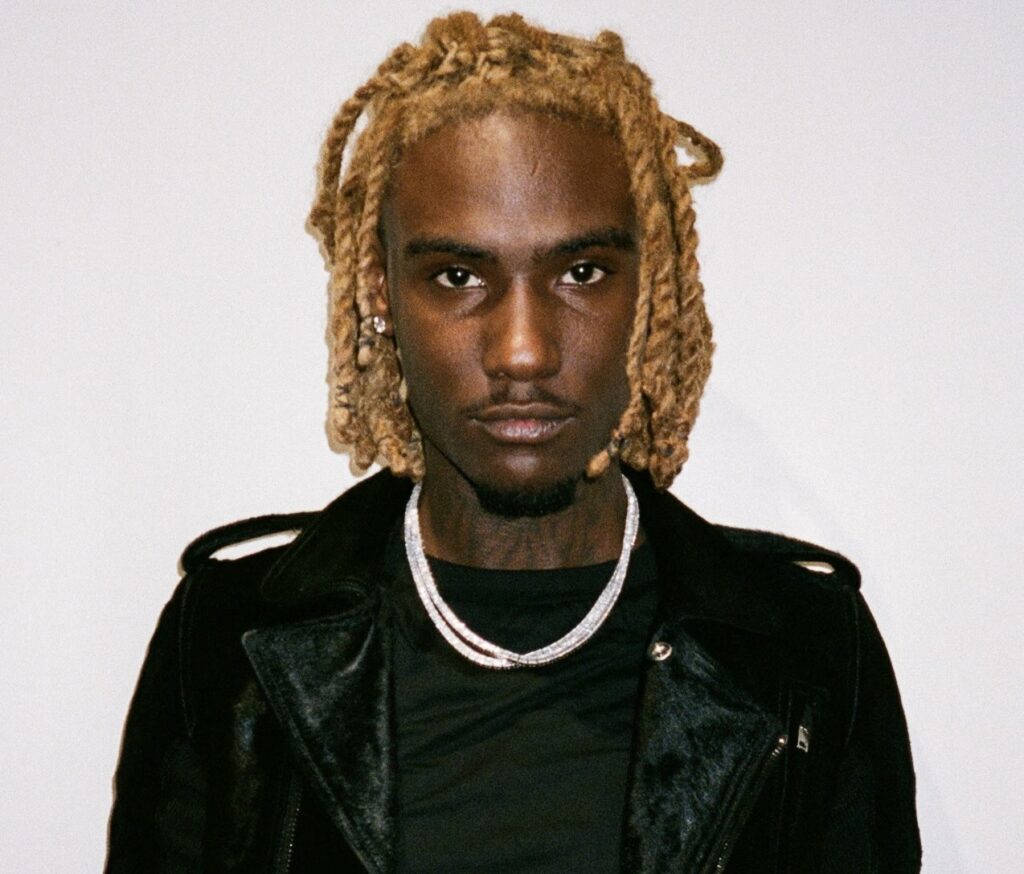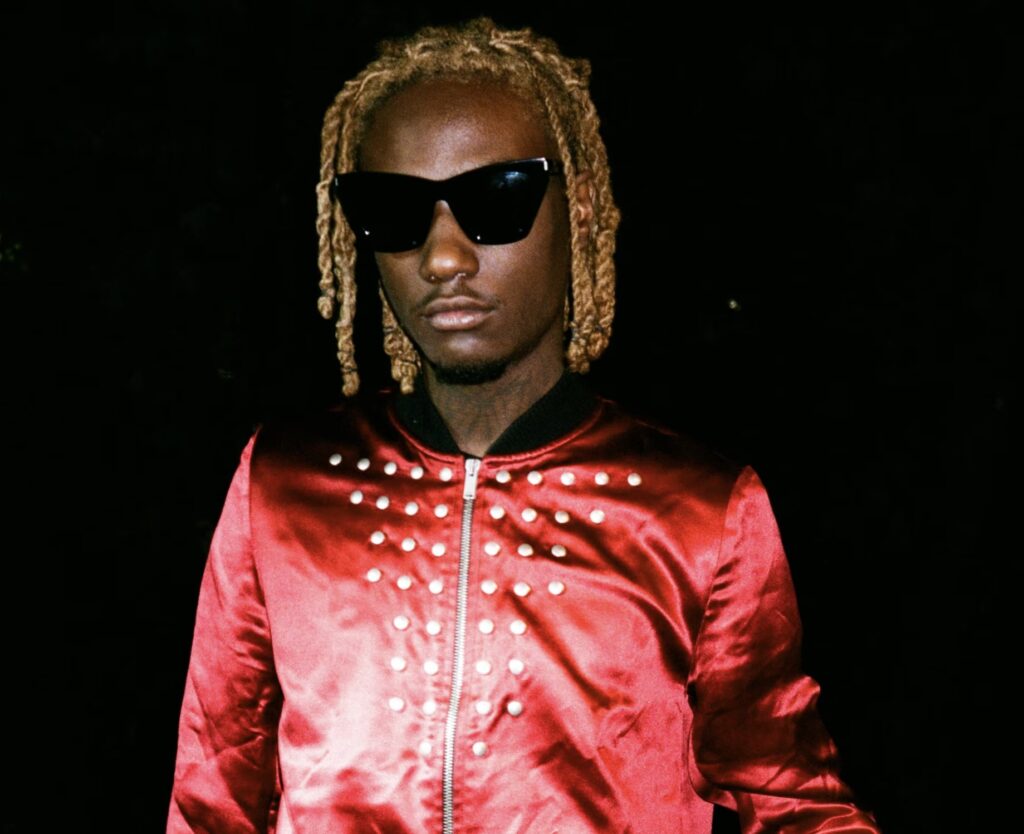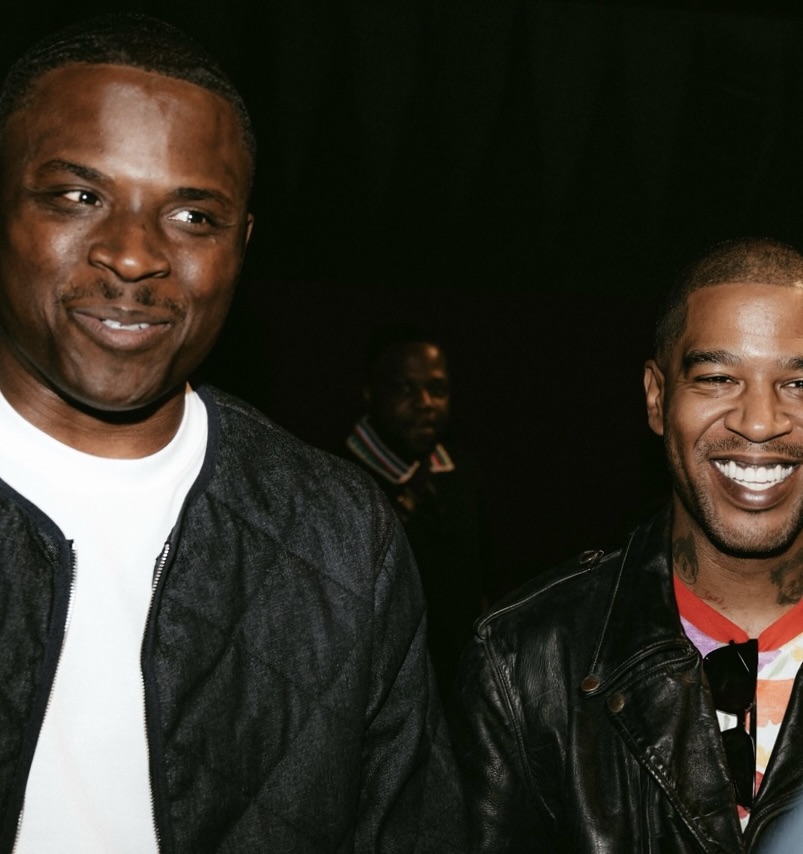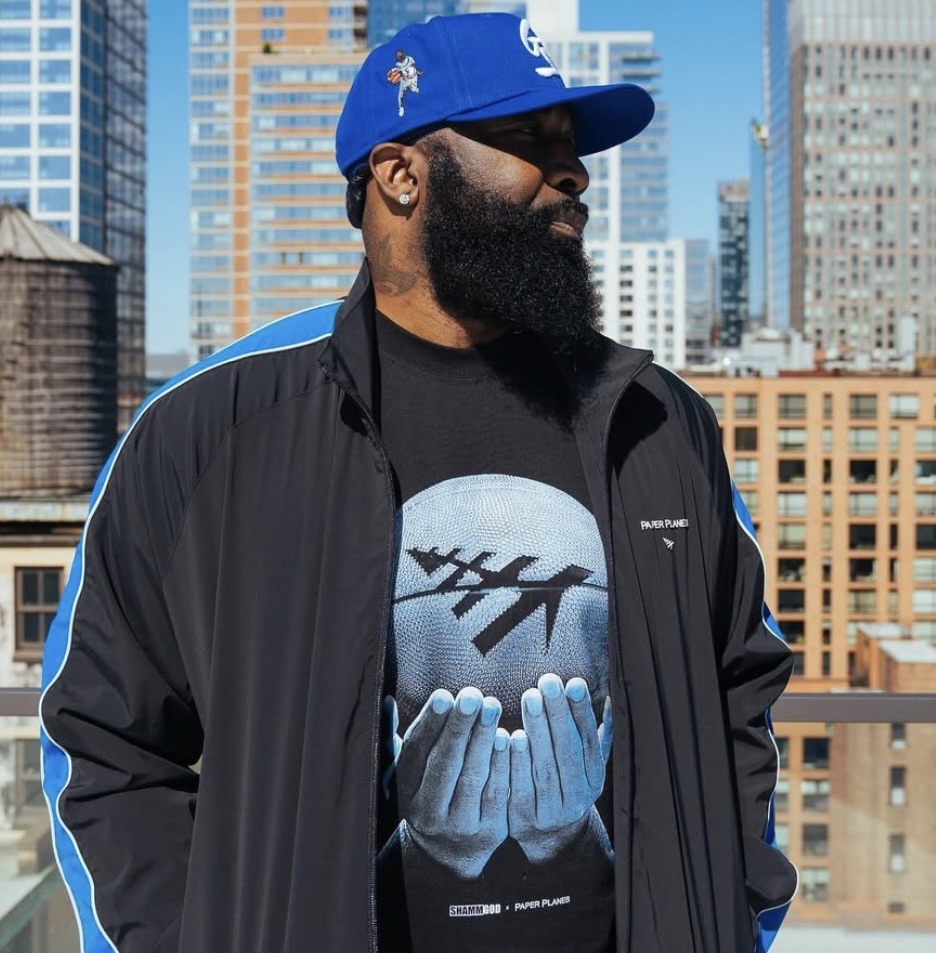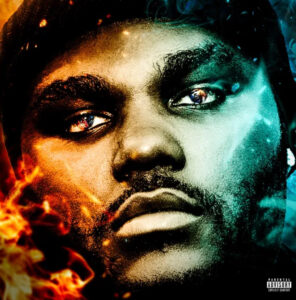Every few years, a new voice erupts from the Southern rap landscape that redefines the rules of the game. For 22-year-old Amari Middleton, better known as OsamaSon, that eruption came with Jump Out, his third full-length album and first to crack the Billboard 200. The project, released at the top of 2025, doesn’t just build on his earlier work — it detonates it. A collision of blown-out 808s, anxious melodies, and raw, reckless delivery, Jump Out conjures like a live grenade tossed into the algorithmic monotony of modern trap. It’s the sound of a new kind of energy emerging from South Carolina — a region often backdropped by Atlanta’s long-running dominance — and OsamaSon is its loudest ambassador.
When the album dropped, it immediately sparked a surge of interest online. His name began to trend on X, his streams doubled on Spotify, and clips of his shows went viral on TikTok, capturing both the mayhem and the joy of the crowds that follow him. But behind that noise lies an artist who seems acutely aware of what he’s building — a new kind of controlled chaos that thrives on youthful release and rebellion.
live wire
By the time OsamaSon took his Jump Out tour to London’s KOKO this past September, the energy had evolved into something seismic. Thousands of kids — mostly teens and early twenty-somethings — filled the historic Camden venue, chanting his name before he even appeared. “Open that shit up!” he yelled between every track, and the crowd obeyed, splitting into mosh pits that moved like ocean waves under red and strobe lights.
It wasn’t just a rap show; it was a rite of passage. The bass hit so hard it made the balcony tremble, while fans screamed every lyric to songs like “Carbon Copy” and “Draco Season.” In those moments, OsamaSon stood not as a traditional performer but as a conductor of collective catharsis. “I still catch myself being worried before the shows,” he later admitted over a video call from Los Angeles, where he’s now based. “But it’s cool seeing other people at their peak of happiness. There’s so much shit in this world that can make me happy, but there is no better feeling than going on stage to perform songs that I made and love, and seeing them make everyone else the happiest they can be.”
The European leg of his tour — 15 nights across cities like Paris, Berlin, and Amsterdam — marked his first time performing overseas, and by all accounts, he handled it like a veteran. Fans queued hours before doors opened, brandishing homemade signs and wearing merch from the Jump Out capsule drop. The crowds were wild, but so was the connection: unfiltered, reciprocal, and very real.
flow
At its core, OsamaSon’s music is a synthesis of Southern street rap and online experimentalism. He’s a child of the SoundCloud and YouTube generation, fluent in distortion, meme culture, and DIY aesthetics. His beats often sound like they were recorded through broken speakers — not out of necessity, but by design. The distortion becomes a kind of rebellion, a refusal of polish. In an age where everything is compressed and optimized, OsamaSon’s sonic world feels refreshingly raw.
His vocal approach — an urgent, breathless flow that swerves between taunting and confessional — owes as much to punk as it does to trap. The chaos recalls Playboi Carti’s Whole Lotta Red, but with a distinctly Southern grounding: 808s that boom like thunder, hi-hats snapping like gunfire, and lyrics that oscillate between braggadocio and vulnerability. He might not see himself as a spokesperson for Gen Z rage, but he’s become one by default.
South Carolina, his home state, hasn’t historically been a hotbed for breakout rap stars. But OsamaSon’s rise is proof that geography matters less than ever. The internet flattened the map — and he knows it. His earliest tracks spread through TikTok and Discord communities before local radio even took notice. That grassroots virality gave him something more powerful than co-signs: autonomy.
from underground to mainstream
Jump Out is, in many ways, the culmination of OsamaSon’s sound so far — a moment where everything unrefined about his earlier mixtapes suddenly felt deliberate. Tracks like “Top Speed,” “Bleed Out,” and “Havoc on Me” marry minimal production with maximum adrenaline. The album isn’t long, but it doesn’t need to be; every second counts, and every track feels engineered for live performance.
Critics have described it as “a lightning storm on loop” — a project that captures the manic restlessness of youth but also its euphoria. Where much of today’s trap leans into melancholy or cinematic grandeur, OsamaSon leans into chaos. It’s the sound of someone kicking down the walls rather than decorating them.
Commercially, the album’s performance exceeded expectations. It debuted on the Billboard 200, marking a milestone not just for the artist but for the scene he represents — a wave of young, internet-savvy Southern rappers redefining the boundaries between mainstream and underground.
energy
OsamaSon’s appeal lies not only in his sound but in his relationship with fans. They see themselves in his unpredictability, his humor, his lack of filters. He talks directly with them on streams, reposts their edits, and drops snippets online without warning. The Jump Out era has turned that fandom into a movement — one that thrives on immediacy and spontaneity.
During the European tour, many fans described the experience less like attending a show and more like entering a shared headspace. “He feels like one of us,” a fan in Berlin said. “It’s like watching someone who made it out but still talks like he’s in the group chat.”
That relatability fuels OsamaSon’s staying power. He’s not chasing legacy in the traditional sense; he’s building community in real time. In that way, his rise mirrors that of other modern icons — from Carti and Yeat to Ken Carson — but with an earnestness that sets him apart. He doesn’t hide behind mystery; he leans into presence.
impression
With Jump Out still fresh and his tour wrapped, OsamaSon now finds himself at a crossroads. He’s in LA, working on new material but also trying to process the whirlwind of the past year. “I think I’m learning how to slow down,” he says. “I used to think I had to drop nonstop. But sometimes you gotta just live a little to have something to talk about.”
That maturity — the willingness to step back without losing momentum — might be what defines his next chapter. If Jump Out was the explosion, then what comes next could be the echo: a deeper exploration of the sound he’s built and the world he’s captured.
As of fall 2025, OsamaSon stands as one of the most electrifying new artists in American rap, a bridge between Southern tradition and digital disruption. His shows might feel like riots, his beats might sound like broken speakers, but beneath the chaos lies something real — a generation finding joy in the noise.
No comments yet.

